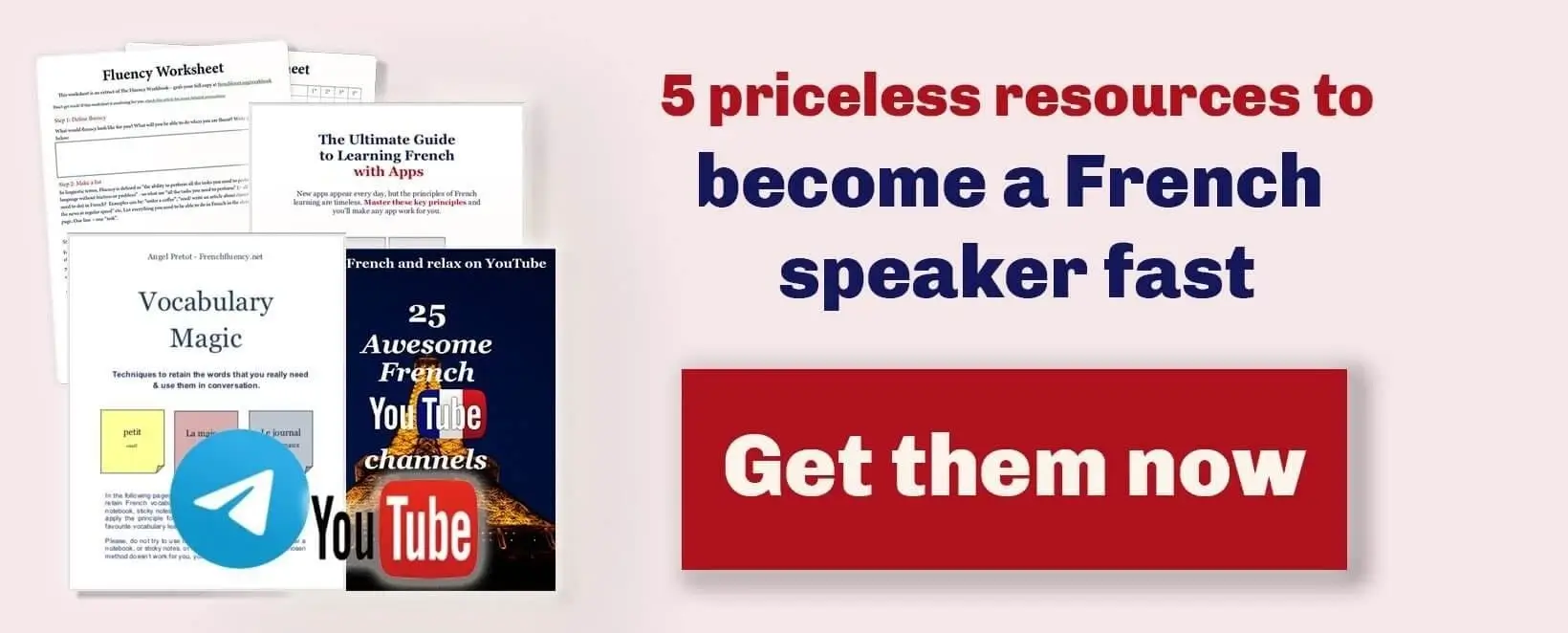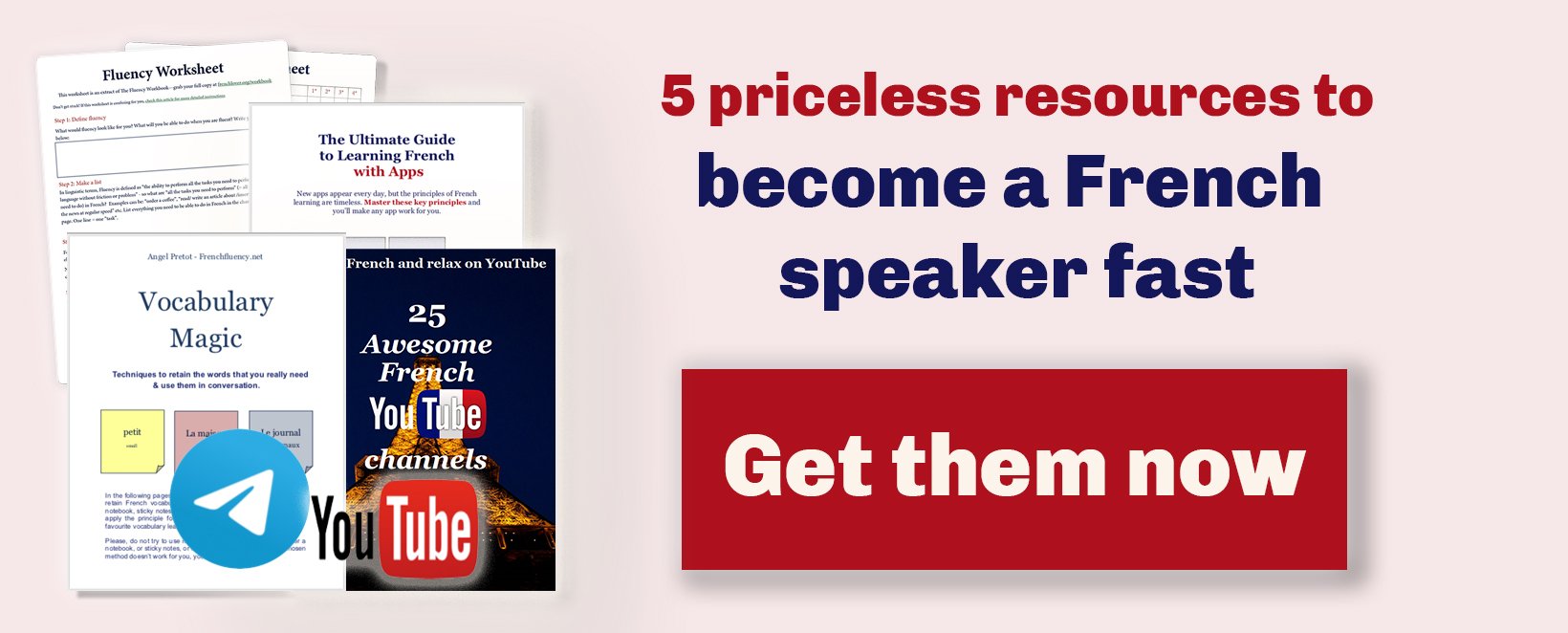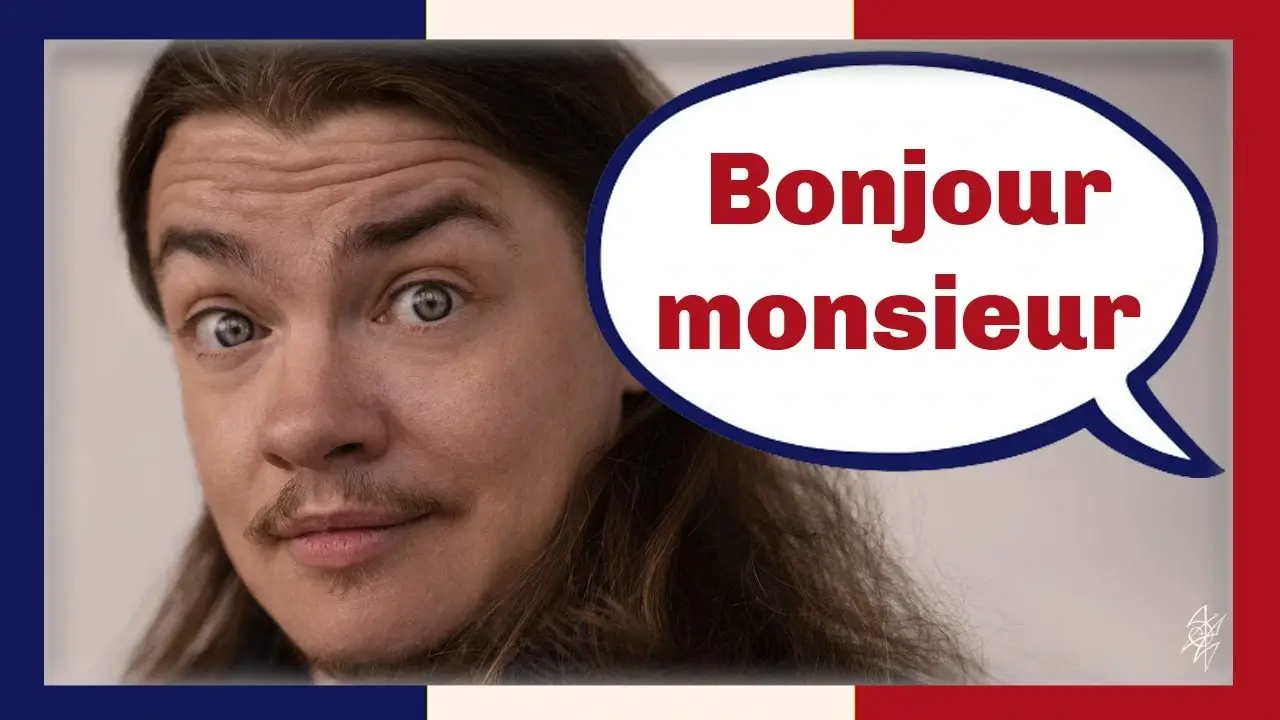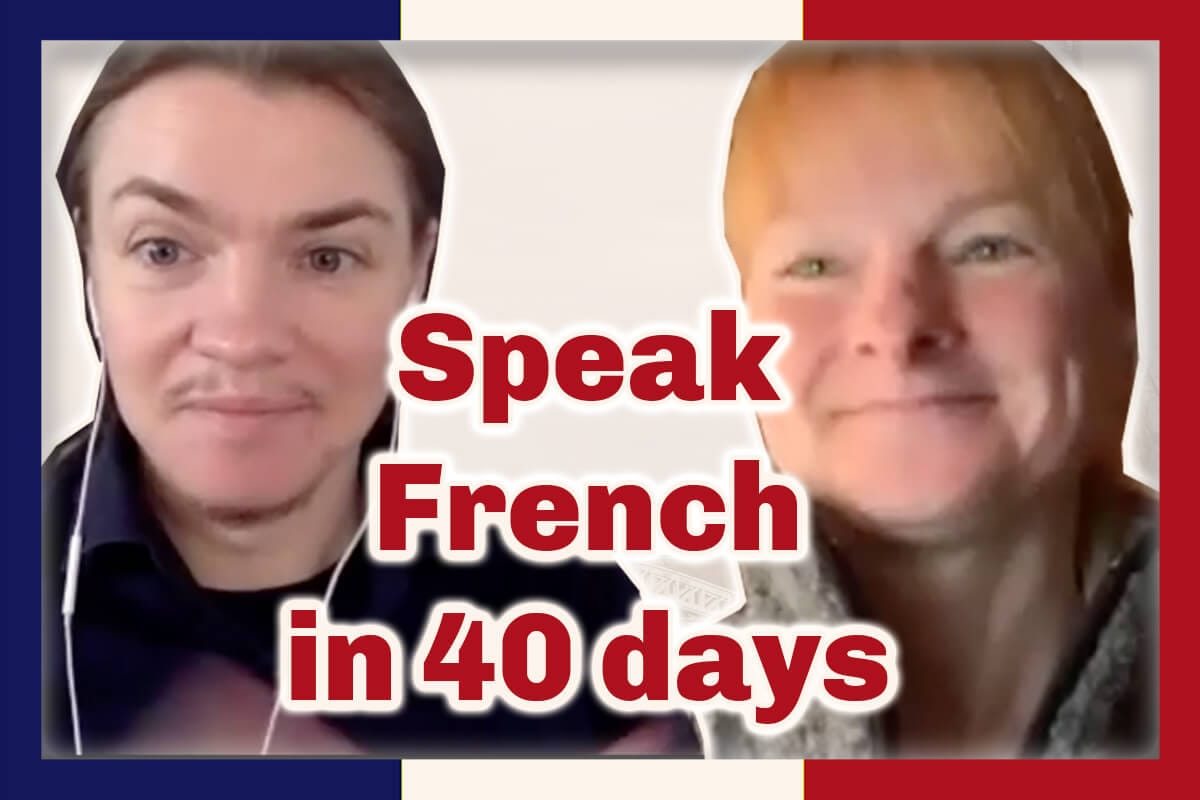10 Basic French Words And Phrases You Need to Know Before Your First Trip to France
Ready to leave for your Trip to France? Take a moment to learn those 10 essential French phrases, French greetings and polite statements.

France, with its rich history, stunning architecture, and renowned cuisine, is a dream destination for many travelers. However, navigating a new country can be daunting, especially when faced with a language barrier. Thus, learning a few basic French phrases can make a significant difference, allowing you to connect with locals, find your way around, and enjoy a more immersive travel experience.
Watch the video or read the article below to learn ten essential French phrases to help you make the most of your first trip to France.
10 Essential French Phrases to Master Before Your Trip
Learning French can be an enjoyable and enriching experience that goes beyond memorizing phrases. There are various methods to suit different learning styles and preferences. If you have a few months before your trip, structured courses can provide a comprehensive foundation in grammar and vocabulary even beyond essential French phrases.
On the other hand, if you are flying to France in less than a month, you may have to use multiple resources to speed up your learning process.
You can look for learning apps for gamified practice sessions to complement the formal program. For instance, you can learn French with AI. Such platforms offer personalized learning experiences, immediate feedback, and interactive conversations that can adapt to your proficiency level.
Another more interactive way to learn is by practicing with native speakers through language exchange programs or conversation clubs. You can also immerse yourself in French media, such as movies, music, and books, to improve your pronunciation and get exposure to the cultural nuances you'll find when you visit France. The key to success lies in consistency and combining these methods to reinforce your learning.
Focus on the following phrases as you polish basic French:
1. Bonjour /bɔ̃.ʒuʁ/ - Hello in French
Bonjour is the cornerstone of polite interaction in France, serving as the universal greeting from down to about 6pm. It sets a positive tone for any conversation. Whether entering a shop, meeting someone for the first time, or simply passing by, saying bonjour is expected and appreciated. So, always start a conversation with a cheerful bonjour.
Advanced tip: if it's after 6pm, switch to "Bonsoir" (Good evening).
2. Merci /mɛːˈsiː/ - Thank you in French
Merci is the quintessential word for expressing gratitude in French. Whether someone holds the door open for you, serves your meal, or provides directions, a simple merci goes a long way in showing your appreciation. French culture highly values politeness and courtesy, and consistently saying "merci" reflects well on you as a respectful traveler.
3. S'il vous plaît /sil vu plɛ/ - Please in French
This phrase makes your requests more polite and respectful. For instance, when ordering food in a restaurant, add this phrase to your sentence to demonstrate respect for the person serving you. Other instances when this phrase comes in handy are asking for directions or making inquiries.
4. Parlez-vous anglais ? /paʁ.le vu ɑ̃.ɡlɛ/ - Do you speak English? in French
It is an invaluable phrase for non-native speakers visiting France because it can save you from potential communication barriers. While many French people in tourist areas speak English, starting the conversation in French shows respect and willingness to engage in their language first. It demonstrates that you acknowledge the language difference and are making a little effort to communicate effectively.
5. Où est... ? - Where is...? in French
It is a fundamental phrase for navigating your way around France. This phrase will be your go-to question when looking for a train station, a restroom, or a landmark. Just add the place you are seeking after Où est. For example, Où est la gare? asks where the train station is.
Using this phrase also shows that you are trying as much as possible to communicate in French, which is always appreciated. Learning to ask Où est? can turn potentially frustrating situations into opportunities for pleasant interactions.

6. Je voudrais... /ʒə vudʁɛ/ - I would like... in French
Je voudrais is an essential phrase for ordering food or making any request in France. It is a polite and effective way to express your needs or desires. For instance, in a café, you might say Je voudrais un café to order a coffee. Starting your request with Je voudrais reflects a respectful tone and may elicit a positive response from the person serving you.
7. Combien ça coûte ? /kɔ̃.bjɛ̃ sa kut/ - How much does it cost? in French
It's a question you may ask when shopping in a bustling market. Doing so before you buy can help prevent any misunderstandings about pricing and ensure you are well-informed about your purchases. Mastering this phrase will make your shopping experience smoother and more enjoyable.
8. Excusez-moi /ɛk.sky.ze mwa/ - Excuse me in French
Excusez-moi is an indispensable phrase for getting someone's attention politely in France. You can use it to preface a question, interrupt politely, or navigate through crowded places. For example, if you need to ask for directions or pass through a group of people, starting with Excusez-moi sets a courteous tone. This phrase demonstrates your respect for others' space and time.
9. Je ne comprends pas /ʒə nə kɔ̃.pʁɑ̃ pa/ - I don't understand in French
It is crucial for situations where language barrier is an issue. For example, when listening to someone give directions, saying Je ne comprends pas lets the other person know you need clarification. This phrase is particularly useful in ensuring effective communication and preventing misunderstandings.
10. Aidez-moi, s'il vous plaît /ɛ.de mwa sil vu plɛ/ - Help me, please in French
You may need to use this phrase during emergencies or when you need assistance, such as when you lose your way or need urgent medical assistance. French people generally respond positively to polite requests for help, and adding s'il vous plaît emphasizes your politeness and urgency.
Conclusion
Learning basic French phrases before your first trip to France is more than a practical step. Think of it as your gateway to a more enriching and immersive travel experience. These phrases serve as essential tools for communication, allowing you to navigate daily interactions with ease and respect.
The effort to speak the local language also shows your appreciation for French culture and earns the goodwill of the people you meet. It can lead to more meaningful connections, better service, and a deeper understanding of the places you visit. Additionally, using these phrases can enhance your confidence and independence while traveling.

Your next steps
If you like this way of learning French, you will love to learn with Angel as a student or client. Please check out:
- The 1-1 coaching program, The French Transformation, if you need to improve your French fast.
- The group program, The French Fluency Accelerator, if you’d like to join a community of students from all over the world. We have weekly practice calls together and the best online video library to learn French.
Pro tip: you don’t need to choose!
All 1-1 clients are invited to join the French Accelerator free of charge.
Feel free to book a call with Angel now to discuss options.
If you liked this, here's some more:
French pronunciation guide for beginners - greetings and honorifics

How to speak French in 40 days, even with a demanding job - Case study

About the Author

Ella Harris is a passionate lifestyle and language enthusiast who offers insightful tips to enrich your daily life. In her spare time, she enjoys exploring new cultures and cozying up with a good book.